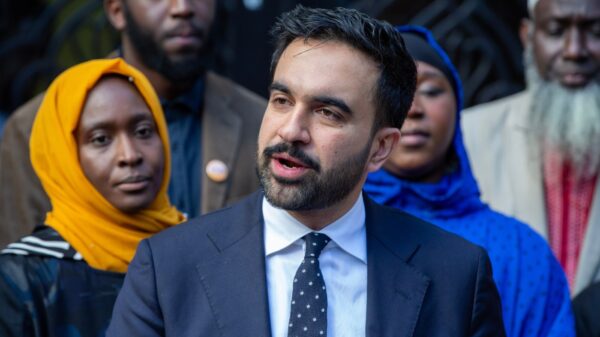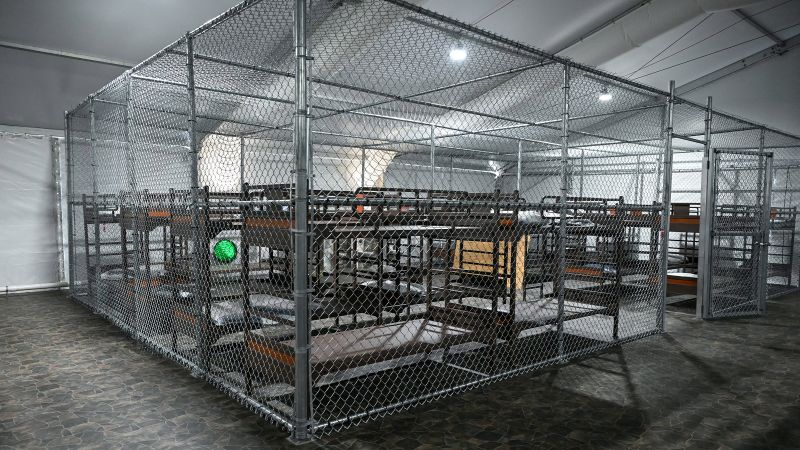Florida Democrat Representative Angie Nixon recently toured “Alligator Alcatraz,” a new detention center designed to house migrants. This facility, located in Florida, has come under scrutiny following Nixon’s account of the conditions she observed during her visit. The tour, which was closed to the media, has raised significant concerns regarding the treatment of individuals within the center.
During her interview with CNN anchor Victor Blackwell, Nixon described the situation as “very upsetting.” She highlighted alarming practices regarding access to basic necessities, particularly concerning drinking water. According to Nixon, migrants at the facility are forced to obtain water from toilets, a detail that underscores the dire conditions reported within the center.
Concerns Over Migrant Treatment
Nixon’s comments reflect broader concerns about the treatment of migrants in detention centers across the United States. The conditions at Alligator Alcatraz appear to be part of a troubling trend that has drawn criticism from various human rights organizations. Advocates argue that basic human dignity should be prioritized, irrespective of individuals’ immigration status.
The term “Alligator Alcatraz” has become synonymous with the controversial treatment of migrants. The facility’s name evokes the harsh conditions associated with the infamous prison, suggesting a punitive approach to immigration enforcement. This has prompted calls for reform, emphasizing the need for humane treatment and care for those detained.
During her tour, Nixon also noted the lack of adequate resources and support systems for migrants, further exacerbating their vulnerable situation. The congresswoman’s firsthand account adds to the growing body of evidence that raises questions about the policies governing migrant detention in the U.S.
Political Reactions and Next Steps
In the wake of Nixon’s remarks, political reactions have started to surface. Several lawmakers have expressed their outrage regarding the conditions described at Alligator Alcatraz, calling for immediate investigations and oversight into the treatment of migrants. Advocates are pushing for comprehensive immigration reform that prioritizes humane treatment and access to essential services.
As the debate continues, Nixon’s insights serve as a critical reminder of the ongoing challenges facing migrants in detention. The attention drawn to Alligator Alcatraz may catalyze further discussions about the broader implications of current immigration policies and the need for reform.
The situation remains fluid, and the public will likely continue to scrutinize the conditions at Alligator Alcatraz and similar facilities across the nation. As more information emerges, the hope is that it will lead to meaningful changes that enhance the well-being and rights of migrants.


































































